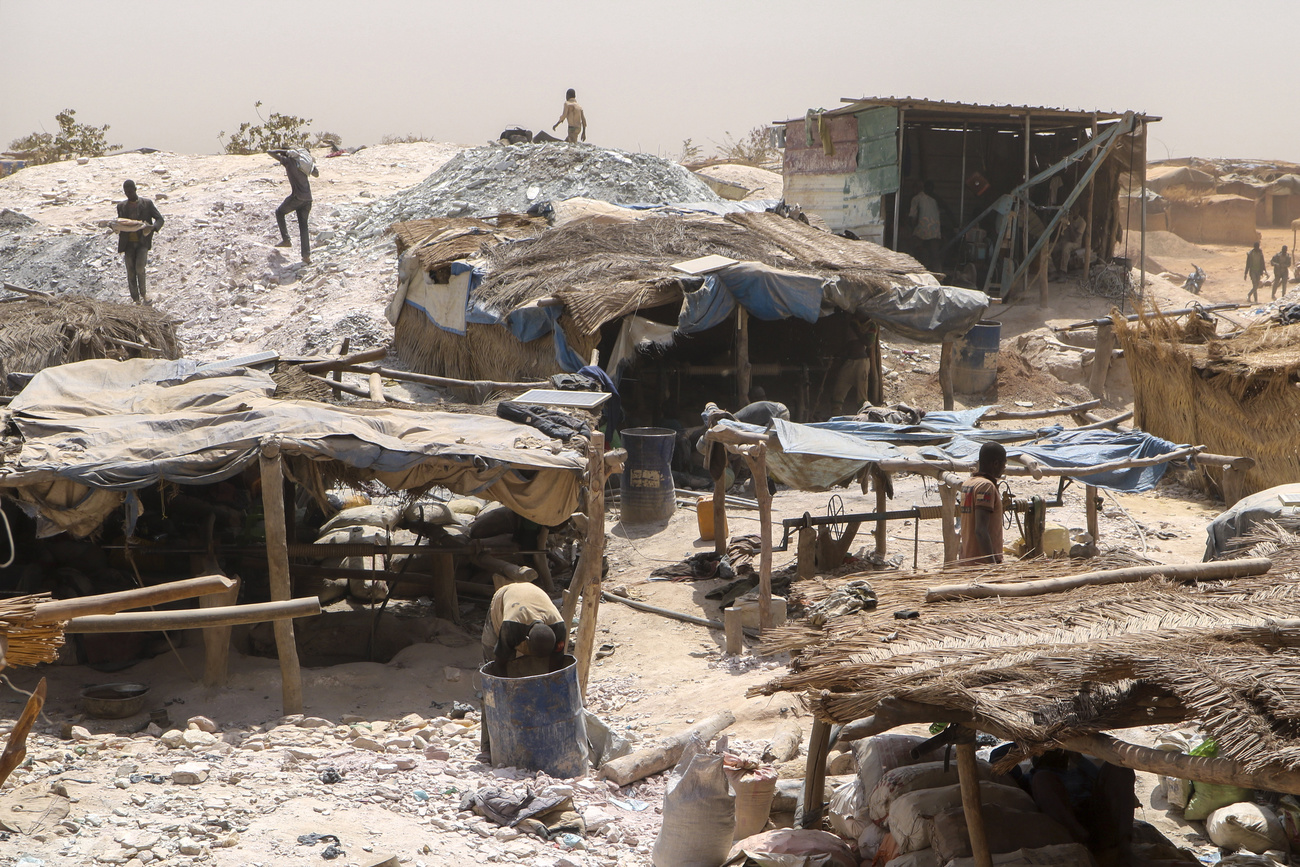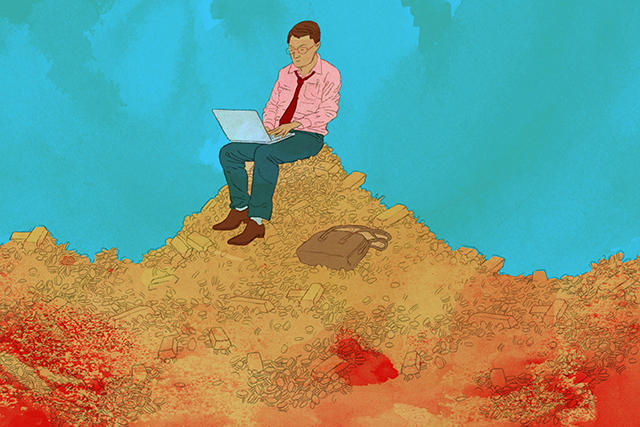
Swiss gold industry oversight too weak, say auditors

The Swiss gold refining industry has once again come under scrutiny with a report that criticises the lack of control over imports of the precious metal. The Federal Audit Office says it is too easy for illegal imports to enter the country and that sanctions are inadequate.
Most of the world’s gold passes through Switzerland to be transformed from raw material and refined. It’s a business that can range in value between CHF60 and CHF90 billion ($70-90 billion) every year.
Refineries insist they check the origins of the gold they receive to make sure it comes from well-regulated mines that respect human rights and workers’ health. But NGOs complain that laws are at best patchy, and leave too much discretion to the sector to self-regulate.
Now, state auditors say that Switzerland lacks a robust means of enforcing the laws that apply to the gold industry. Maximum fines of just CHF2,000 for accepting dirty gold are inadequate penalties, the body has said in a recently published report. In other words, monitoring gold is not a priority for customs officials.
Furthermore, the method of recording imports, which mixes up gold destined for banks with that being delivered to refineries, makes it hard to keep track of the overall picture.
Marc Ummel from the NGO Swissaid told Swiss public television RTS that routing gold from mines through third countries before it ends up in Switzerland obscures things further. For example, Venezuelan gold is channeled to Swiss refineries via the Caribbean island of Curaçao. “This detour makes it difficult to trace the origin of gold,” Ummel says.
The convoluted supply chain also provides unscrupulous traders the opportunity to mix dirty gold with clean shipments, according to NGOs.

More
Clean gold: How Switzerland could set new supply chain standards
Both the Federal Customs Administration and the Swiss Association of Manufacturers and Traders in Precious Metals told RTS that they agreed with the broad thrust of the audit office report and said they would welcome a tightening of supervision – within reason. This would not include refineries agreeing to NGO demands to publish the names of gold mines they deal with.
The government has shown little appetite for tightening legislation surrounding the lucrative gold trade in Switzerland. The industry itself has made some moves towards self-regulation, such as the 2013 Better Gold Initiative.
Voters will meanwhile decide – either this autumn or early next year – on a “Responsible Business” initiative that would make Swiss companies legally accountable in Switzerland for the business they conduct abroad.

In compliance with the JTI standards
More: SWI swissinfo.ch certified by the Journalism Trust Initiative


























You can find an overview of ongoing debates with our journalists here . Please join us!
If you want to start a conversation about a topic raised in this article or want to report factual errors, email us at english@swissinfo.ch.